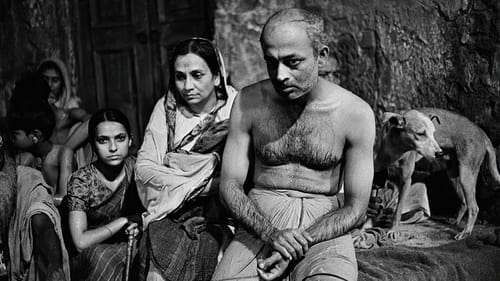
Azam Ali
A story in the life of a woman who is forced to forge an independent life for herself

Screenplay

Screenplay
Bosundhora is a 1977 Bengali-language Bangladeshi film directed by Subhash Dutta. The film was based on the Alauddin Al Azad novel Taish Number Tailochitro. The films produced by Bangladesh Liberation War Welfare Trust. The film began shooting on 6 March 1977.

Producer
Bosundhora is a 1977 Bengali-language Bangladeshi film directed by Subhash Dutta. The film was based on the Alauddin Al Azad novel Taish Number Tailochitro. The films produced by Bangladesh Liberation War Welfare Trust. The film began shooting on 6 March 1977.

Director
Bosundhora is a 1977 Bengali-language Bangladeshi film directed by Subhash Dutta. The film was based on the Alauddin Al Azad novel Taish Number Tailochitro. The films produced by Bangladesh Liberation War Welfare Trust. The film began shooting on 6 March 1977.

Train Passanger
The spirit of a condemned 20-year-old student wanders through time, linking together four stories of people struggling for survival in this gritty meditation on poverty, natural disaster and political strife in India. A middle-class family's home is no match for the monsoons, while another clan's morality is compromised when famine strikes. Young boys smuggle rice, and politicians pity the poor while living in the lap of luxury.

Director
Abirbhab is a 1968 East Bengali film starring Razzak, Kabari and Anwar Hossain in lead roles. Subhash Dutta directed the film.

Based on the story 'Pagli' by Hajra Masroor

A love story between Rahim, Rupban and Tajel. Rupban gets married to a 12 days old Rahim when she is 12 years. Once he grows up, he is unable to consider Rupban as his wife and falls in love with Tajel

Directed by Mustafiz, the film made a record as the first Bangla movie to run for 25 weeks. The romantic movie also presented the first popular on-screen couple in our cinema, Rahman-Shabnam.





